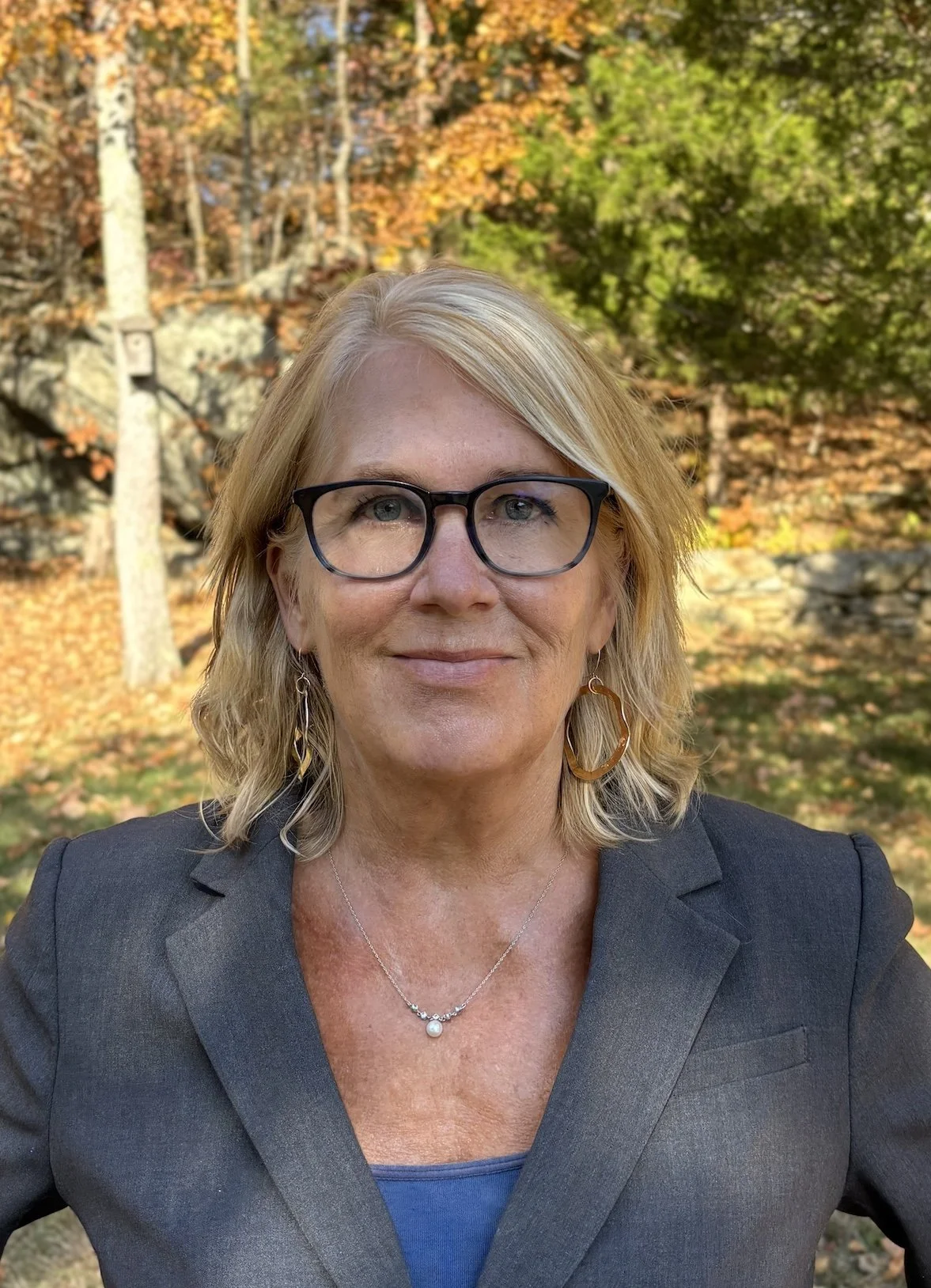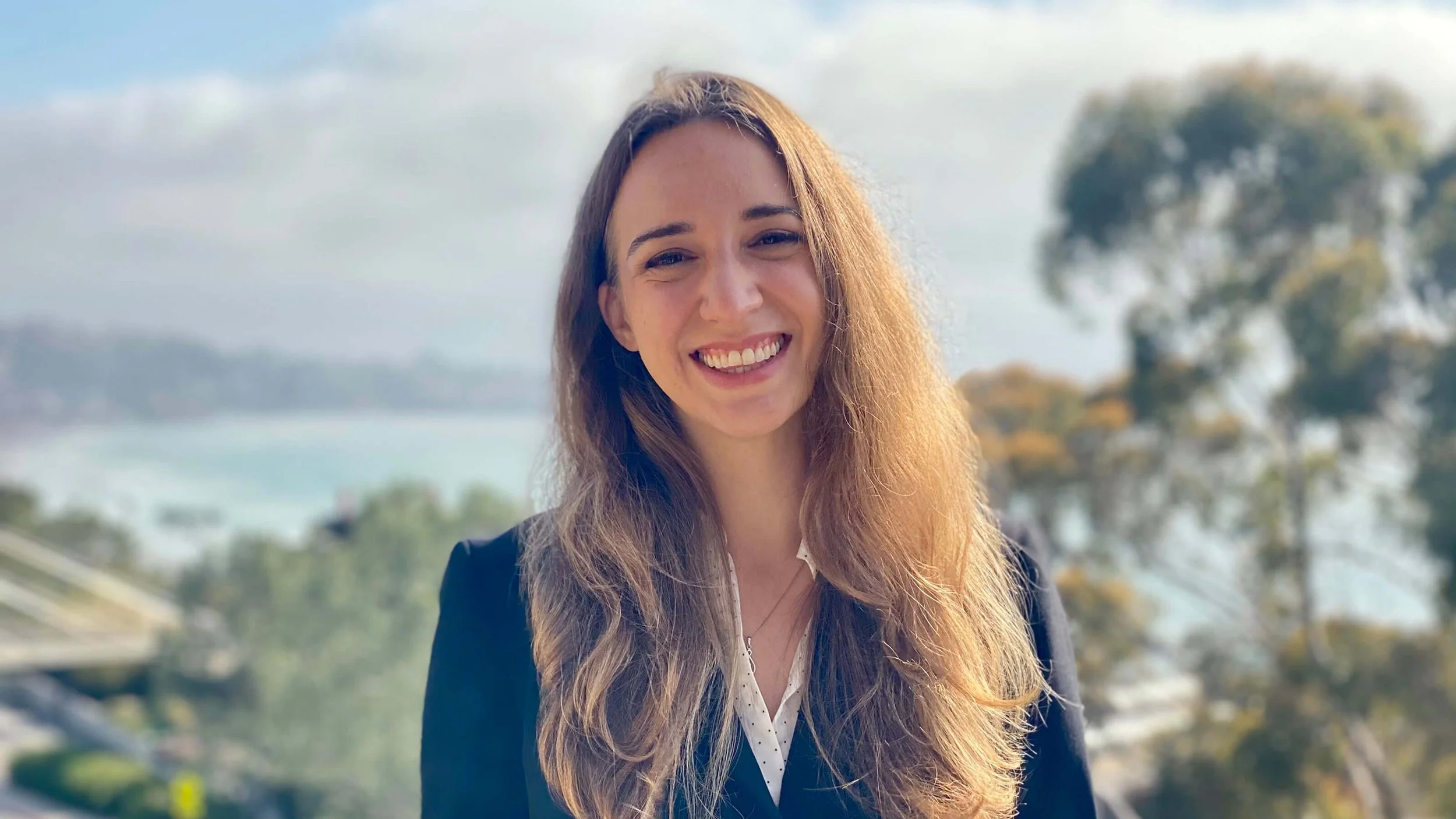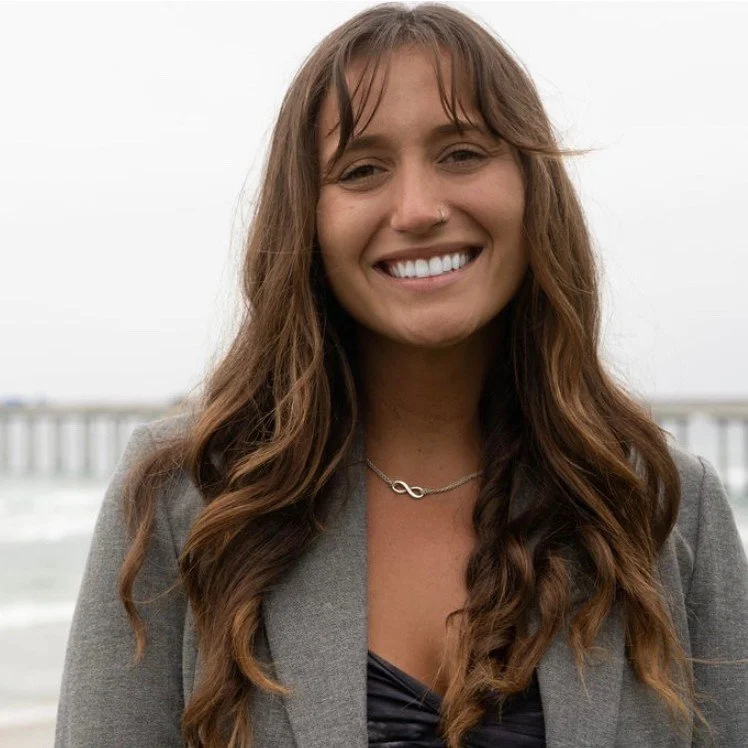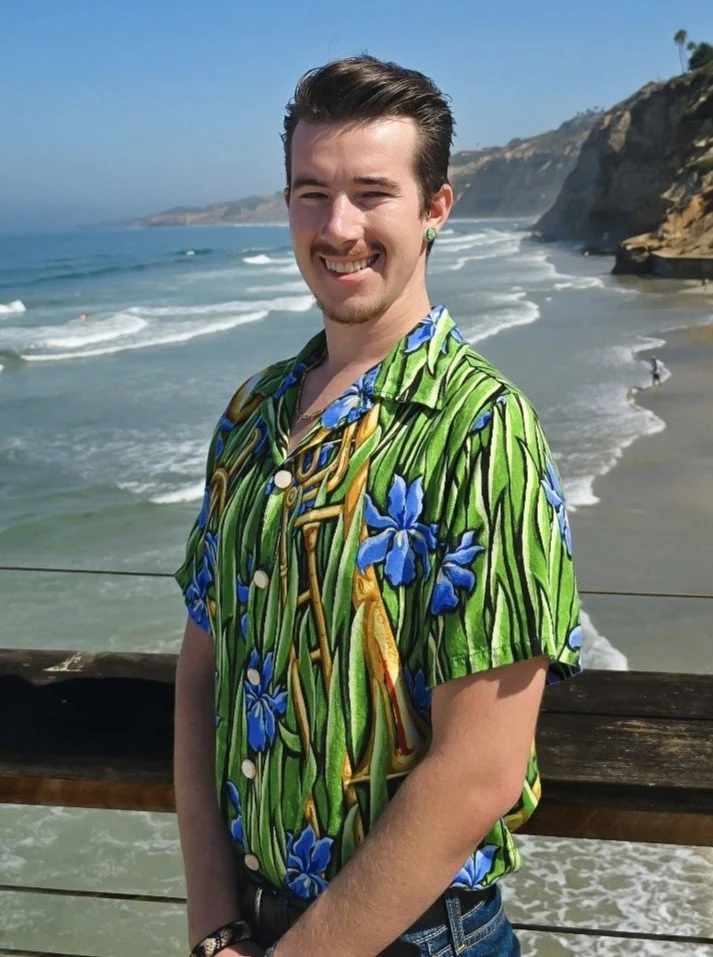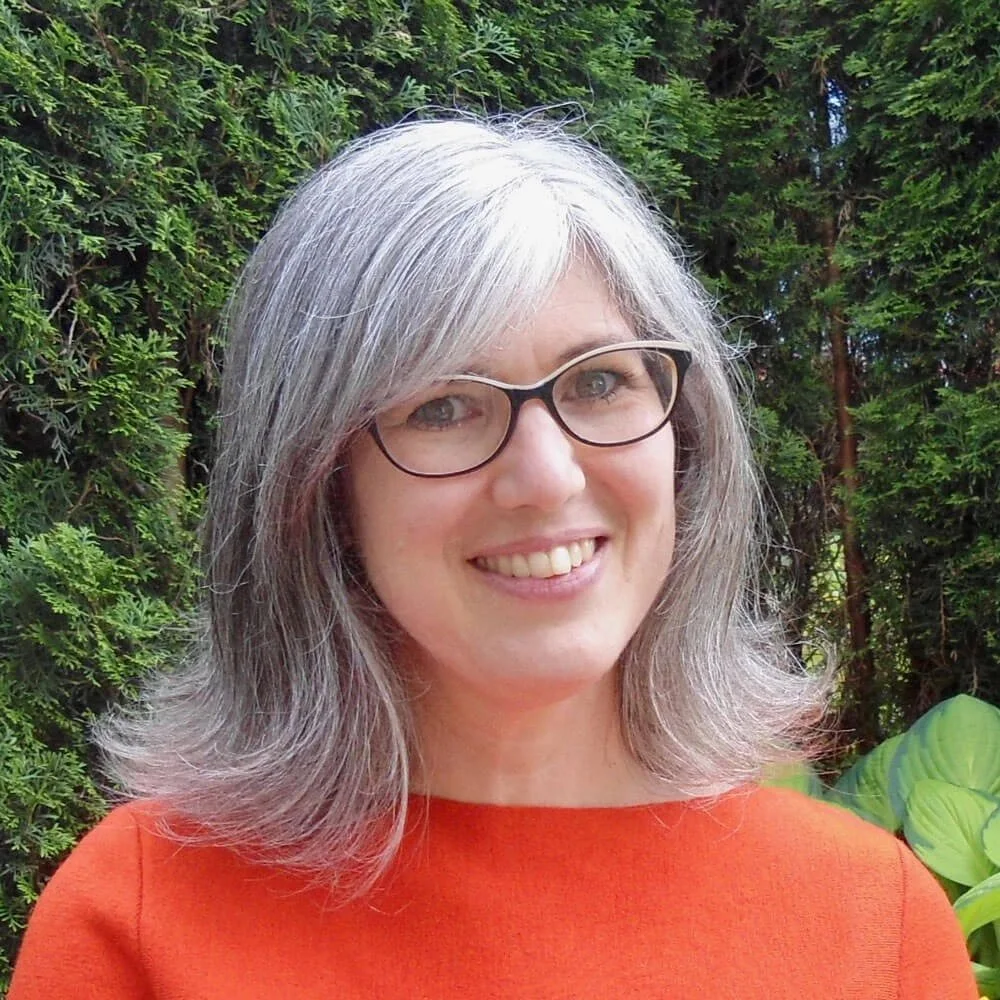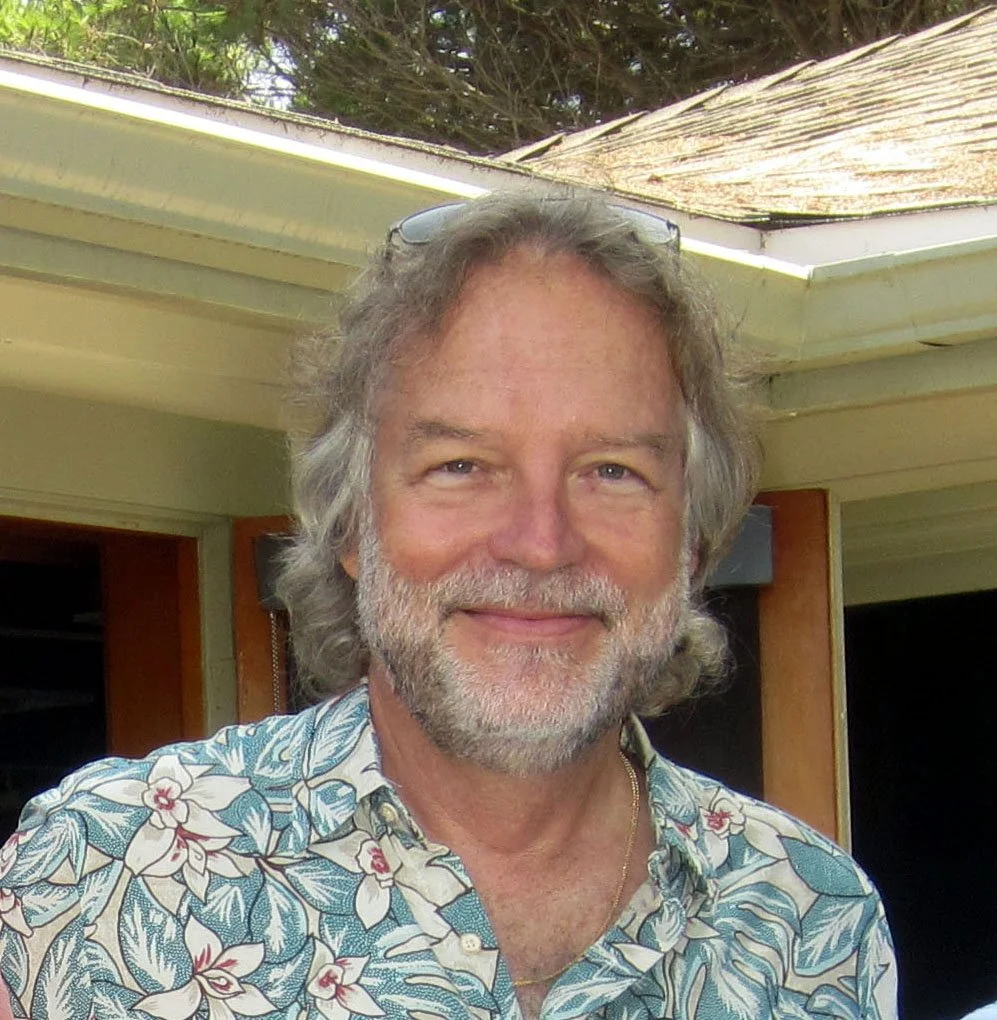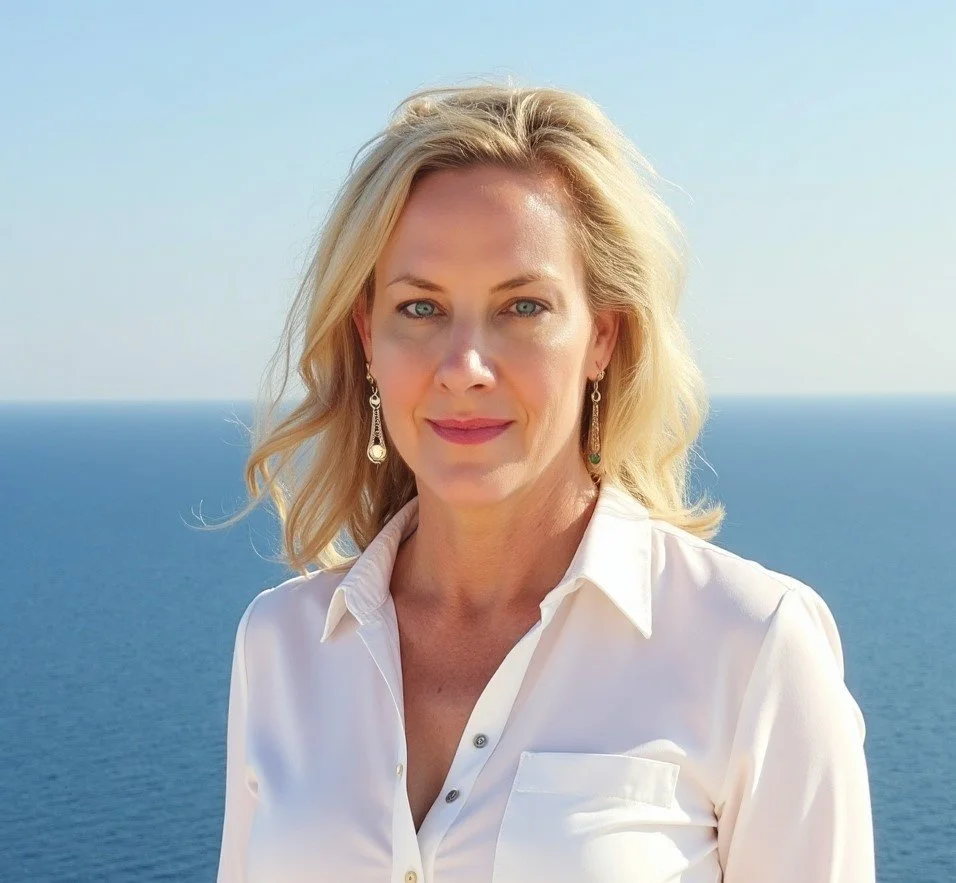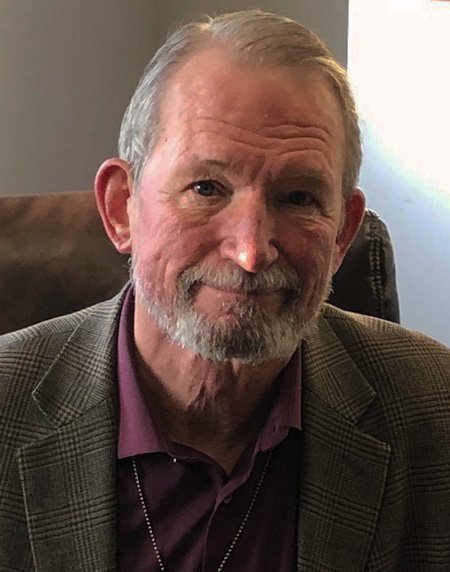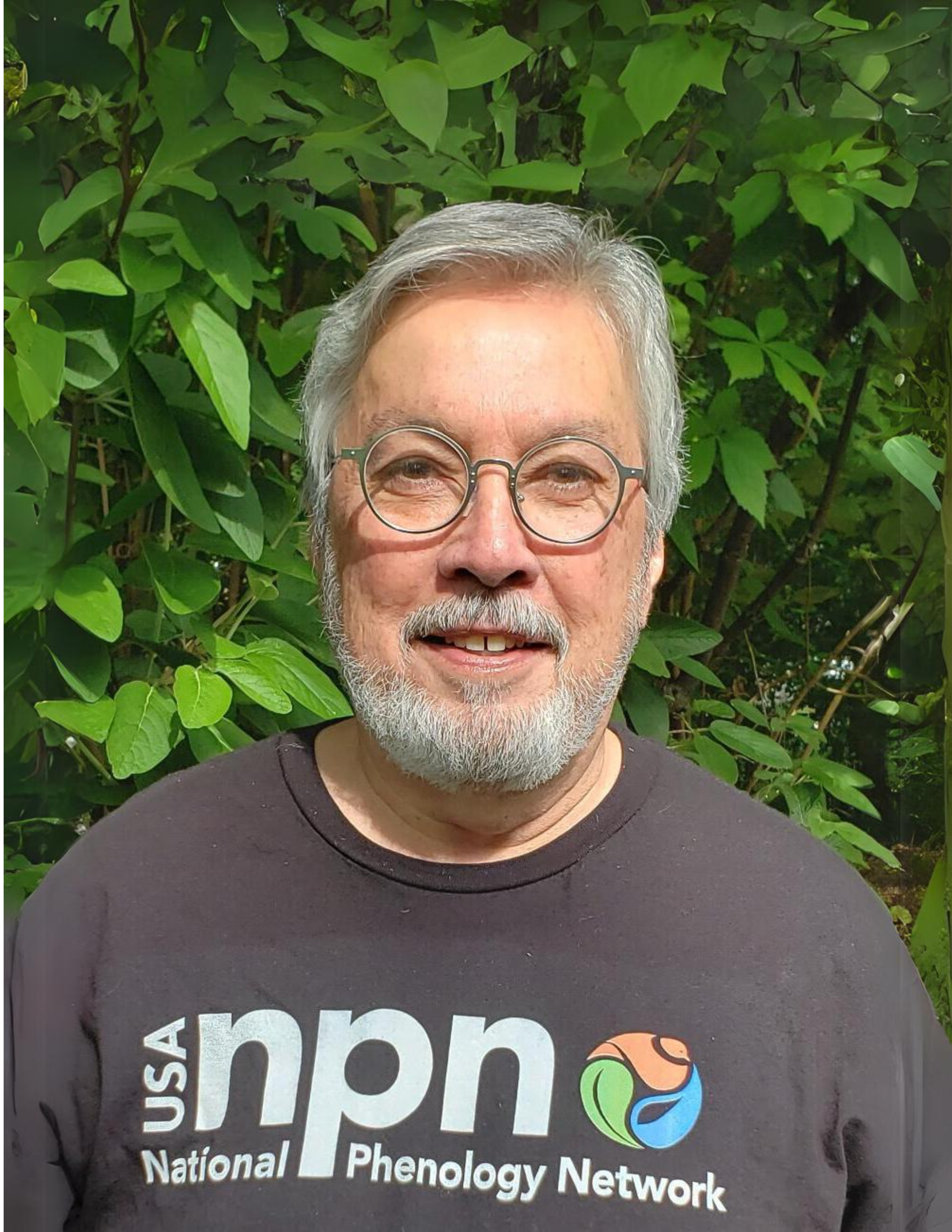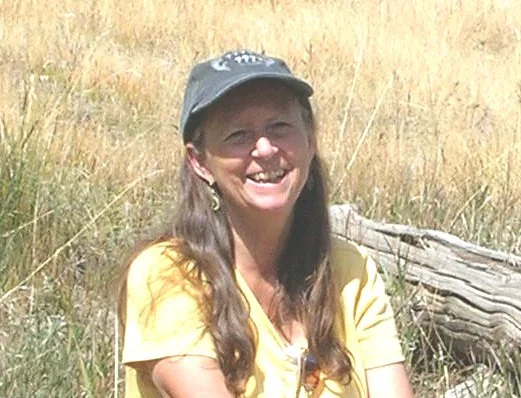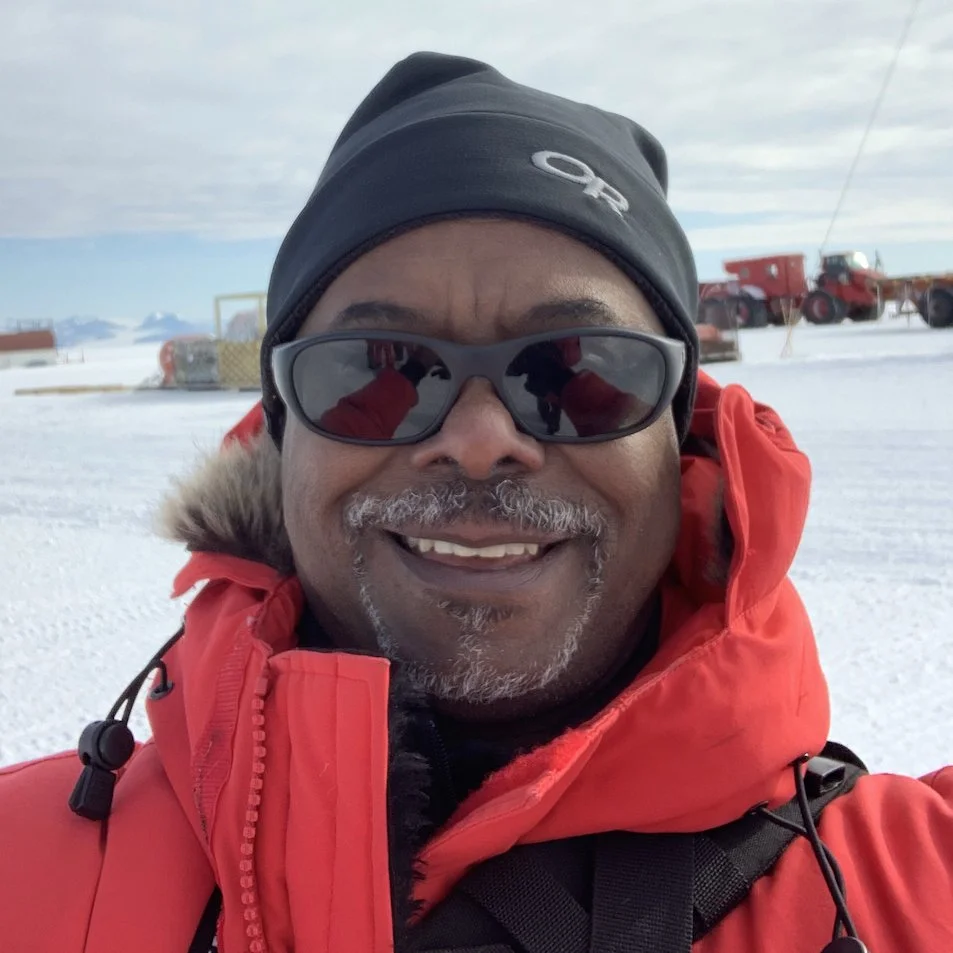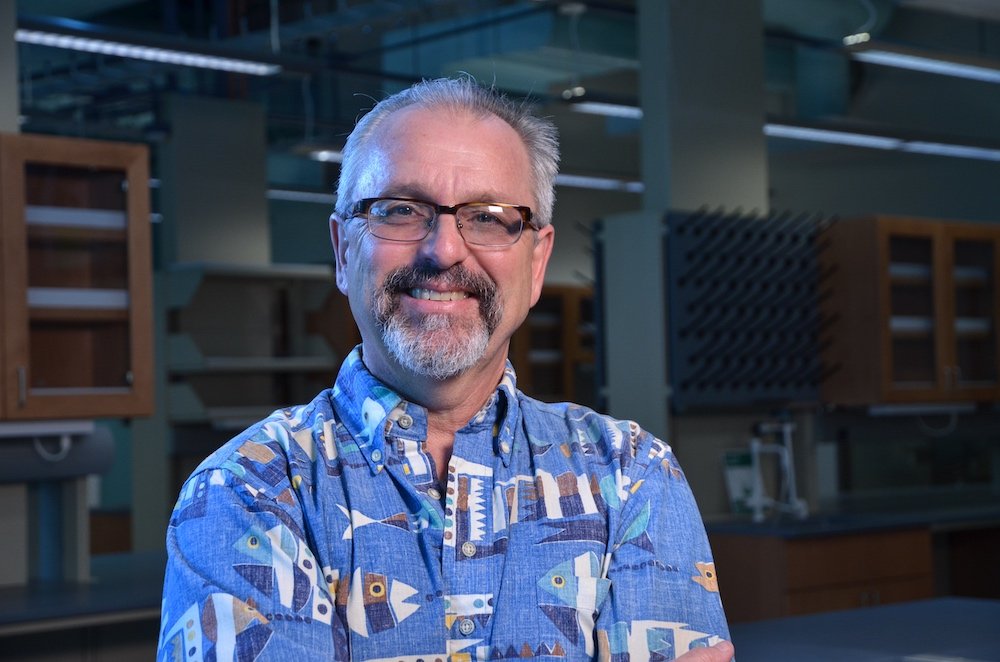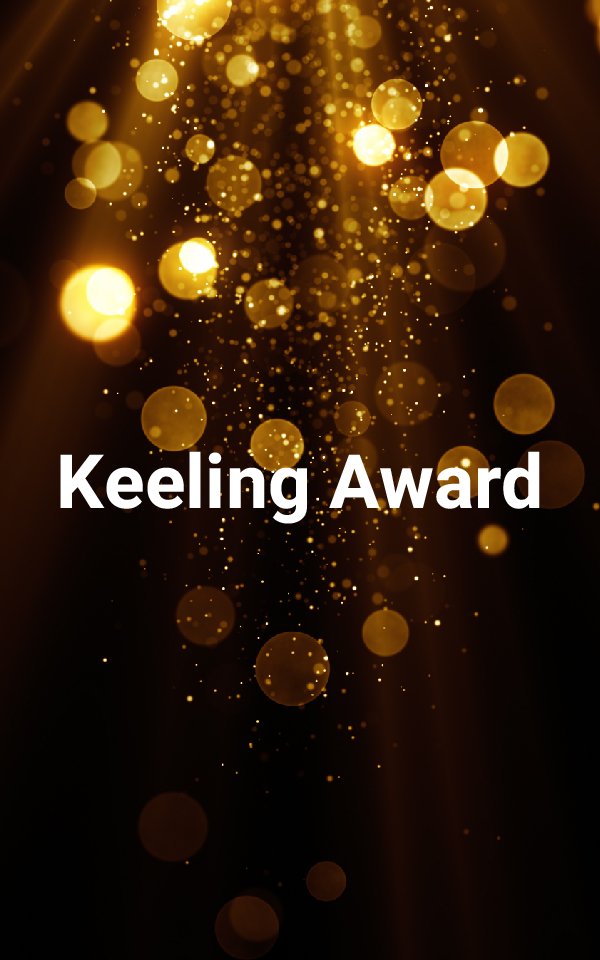Who We Are
Learn about the team, scientists, and advisors that make the Keeling Curve Foundation tick.
KCF Staff
Dr. Caroly Shumway
Executive Director
Dr. Caroly Shumway is the Executive Director for the Foundation. Caroly is also the Director of the Center for Behavior and Climate, founded to advance the use of behavior change tools to solve our climate crisis and enhance understanding of climate science and solutions.
Dr. Shumway has been Executive Director of three environmental nonprofits, and has held senior positions at The Nature Conservancy and the New England Aquarium. In 2016-2017, she focused on innovations for international development for the U.S. Agency for International Development as Chief Scientist for USAID’s Global Development Lab. Caroly has 25+ years of experience in conservation, climate education, behavior change, sustainable development, policy, and research in the U.S., Africa, Asia, and the South Pacific.
She is passionate about making a difference on climate change, inspired by her grandfather, Dr. Roger Revelle, one of the earliest scientists to recognize human impacts on CO₂. Caroly holds a PhD in marine biology from Scripps Institution of Oceanography and a BA in Biology from Wellesley College. She is a recipient of the Capranica Neuroethology Prize.
Annika Vawter
Communications and
Engagement Coordinator
Annika is a Communications and Engagement Coordinator for the Foundation where her responsibilities include web design, content creation, and site management.
As a current Research Assistant at Scripps Institution of Oceanography (SIO) at UC San Diego, Annika’s work in geospatial data analysis, programming, and climate communication supports the Center for Climate Change Impacts and Adaptation (CCCIA). Recently, she worked as a consultant with the Union of Concerned Scientists on a national coastal inundation analysis which will culminate in an interactive mapping tool. In a four-year undergraduate internship at the Santa Barbara Coastal Long Term Ecological Research (SBC LTER) lab based at UCSB, she researched kelp forest ecology, and later volunteered at the Smith Lab at SIO studying coral resilience to climate change.
In 2021, Annika earned a Master of Advanced Studies in Climate Science and Policy (MAS CSP) from SIO at UC San Diego. After graduating, Annika was selected to serve in leadership roles with the MAS CSP program as a Program Development Coordinator and Teaching Assistant, and as a tutor for Dr. Keeling’s course on the physical basis of global warming. She holds a Bachelor of Science in Aquatic Biology from the University of California, Santa Barbara (UCSB).
Hannah Gruen
Communications and
Engagement Coordinator
Hannah is a Communications and Engagement Coordinator for the Foundation where her responsibilities include web design, content creation, and site management.
Hannah also facilitates program operations as SIO’s MAS CSP Program Advisor and Coordinator. She supports program development, strategic visioning, and manages student services such as academic and Capstone advising. Hannah’s diverse experience includes geospatial modeling to assess climate vulnerabilities among low and moderate income communities, deploying oceanographic instrumentation to analyze the biological, chemical, and physical properties of San Diego’s coastal waters, researching mangrove regeneration in Panama and implementing related shoreline resilience strategies in the South Pacific, engaging with marine conservation and coastal adaptation projects, and assessing the feasibility of regenerative agriculture as a regional food security and climate adaptation strategy in San Diego County.
In 2022, Hannah earned a Master of Advanced Studies in Climate Science and Policy (MAS CSP) from SIO at UC San Diego. She holds a Bachelor of Science in Environmental Studies and Biological Anthropology from the University of Oregon.
Luke Aronson
Social Media Coordinator
Luke is a Social Media Coordinator for the Foundation with responsibilities that include social media management, content creation, and outreach strategy consulting.
Luke is a marine science researcher, photographer, professional aquarist, and filmmaker. He has worked on multiple long-term oceanographic monitoring projects and ocean ecosystem conservation efforts for non-profits, government organizations, and research institutions. Luke has worked as a social media manager and public outreach consultant for aquariums, start-up companies, and academic laboratories, combining his knowledge of scientific topics with his passion for multimedia communications. Luke recently worked with Dr. Ralph Keeling on his Master’s Capstone film production with the goal of educating the public on carbon emissions and the viability of various methods of carbon capture as a climate change mitigation strategy.
In 2025, Luke earned a Master of Advanced Studies in Climate Science and Policy (MAS CSP) from SIO at UC San Diego. He holds a Bachelor of Science degree in Marine Biology from SIO at UC San Diego, as well as an Aquatic Animal Life Support Operator license.
KCF Board
Dr. Ralph Keeling
President and Founder
Geosciences Research Division
Scripps Institution of Oceanography, UC San Diego
Dr. Ralph Keeling, Professor of Geochemistry, researches long-term measurements of the major constituents in air. Ralph’s work centers on long-term measurements of the major constituents in air. He has been on the faculty at the Scripps Institution of Oceanography (SIO), UC San Diego, since 1993.
He was the first to demonstrate that the O₂ content of air is decreasing due to the burning of fossil-fuels and has directed a program to track this decrease since 1989. Since 2005, he has also directed the Scripps CO₂ program which sustains the Keeling Curve, i.e. the record of carbon dioxide at Mauna Loa, begun by his father, Charles D. Keeling.
Ralph is engaged in ongoing research to refine estimates of sources and sinks of carbon dioxide using atmospheric measurements. Ralph received a B.S. in physics, summa cum laude, from Yale University, and a PhD in applied physics from Harvard University. He has received the Rosenstiel Award in marine and atmospheric chemistry, the Humboldt Research Award, and is a Union Fellow of the American Geophysical Union.
Dr. Tara Ivanochko
Secretary
Department of Earth, Ocean and Atmosphere Sciences
University of British Columbia
Dr. Tara Ivanochko is a Professor of Teaching at the University of British Columbia, the Director of Environmental Science undergraduate program, and the Academic Director of the UBC Sustainability Hub. Tara helped envision the UBC 20-year Sustainability Strategy and co-developed the new UBC Certificate in Climate Studies and Action.
As an educator, Tara builds relationships between students and community organizations through collaborative research projects. These projects allow students to actively contribute to building sustainable communities. Tara received her PhD in paleoclimate studies from the University of Edinburgh in 2005.
Abby Weiss
Treasurer
Arbitrator/Mediator
JAMS, San Diego
Abby Silverman Weiss is an arbitrator and mediator, specializing in business controversies and employment disputes. She is on the JAMS panel and headquartered in the San Diego office. Until 2008, she was a partner of Baker & McKenzie, a global law firm where she specialized in commercial and employment dispute resolution, litigation, and counseling.
She held several elected and appointed management positions in Baker & McKenzie including Managing Partner of the San Diego Office (1998-2001), head of the San Diego Litigation and Employment Practice Group (2001-2007) and other firm-wide roles. She has served and is currently serving on several professional and business organization boards and as trustee of health, community service and arts organizations. Abby was awarded her JD from University of San Diego.
Dr. Art Miller
Board Member
Distinguished Research Oceanographer Emeritus and Senior Lecturer in Climate Sciences
Scripps Institution of Oceanography, UC San Diego
Dr. Art Miller is a Distinguished Research Oceanographer Emeritus and a Senior Lecturer in Climate Sciences at Scripps Institution of Oceanography, UC San Diego. He is a physical oceanographer who studies oceanic influences on climate variability using a combination of computer simulation models and observational analysis. He also is frequently involved in collaborating with biologists to try to understand how physical oceanographic changes affect marine ecology. His research extends from basic issues in dynamical oceanography to a variety of topics in climate dynamics, atmospheric dynamics, coupled ocean-atmosphere interactions, ocean data assimilation, regional impacts of global climate change, and oceanic ecosystem response to physical climate forcing.
Art is the author or co-author of more than 100 refereed publications and has had funding from NSF, NOAA, NASA, ONR, and DOE. His service and outreach activities have included numerous scientific research panels and science steering committees for various national and international organizations, as well as many news media interviews. He received his B.S. in physical oceanography from Florida Institute of Technology, and his Ph.D. in physical oceanography from Scripps Institution of Oceanography.
Megan Bettilyon
Board Member
Co-Founder and CTO
AdAstral Labs
Megan Bettilyon is a seasoned innovation and operations executive with over 15 years of leadership experience at the intersection of science, technology, and social impact. She brings deep expertise in global health, climate resilience, and sustainable development, with a strong track record of translating complex scientific innovation into actionable, mission-aligned strategies. As Co-Founder and CTO of AdAstral Labs, part of AdAstral Funds, she supports early-stage ventures addressing critical challenges in human and planetary health. Megan previously served as Vice President of the Washington Global Health Alliance, where she led organizational growth, strategic partnerships, and sustainable funding initiatives. Her background also includes senior roles at Global Good, where she directed high-impact global development programs in collaboration with the Gates Foundation, multilateral agencies, and NGOs. With extensive international experience and a commitment to equity, Megan is a collaborative and visionary leader well-suited to advancing the mission and governance of values-driven nonprofit organizations.
Johno Niles
Board Member
Director
The Carbon Institute
Johno Niles is an international expert in forests, the global carbon cycle and climate solutions. He has led successful global conservation initiatives including the Climate, Community and Biodiversity (CCB) Standards, the first Advanced Terrestrial Carbon Accounting Certificate at the University of California San Diego and the Carbon Institute. He has served in science and conservation leadership roles at WWF-US, Salesforce and the San Diego Natural History Museum. He has published a climate change textbook and peer-reviewed articles on the global carbon cycle, climate finance and climate policy. Johno was a visiting scholar and lecturer at the University of California San Diego for ten years and has taught at universities in China, Indonesia, Cameroon and the Democratic Republic of the Congo. In 2016, he was named a Henry Arnhold Fellow and one of the planet’s “most promising people to deliver bigger, better, and faster conservation and climate solutions”. He received a BS in resource economics from the University of Vermont and an MS in biological sciences from Stanford University.
Dr. James Butler
Late Board Member
In Memoriam: Dr. James Butler
It is with great sadness that we announce the passing of Board Member Dr. Jim Butler on November 26, 2023. There have been many tributes to Jim, but on behalf of the Keeling Curve Foundation, we want particularly to note how committed Jim was to our mission – the recognition and honoring of those who collect and maintain high-quality, accurate, precise, and timely records of the Earth, its atmosphere, oceans and terrestrial biosphere, that modulate climate change. His specialty was the measurement of greenhouse gases, atmospheric aerosols, and other atmospheric trace species that allow us to quantify and model these changes. During his 35-year career at the National Oceanic and Atmospheric Administration (NOAA), 17 of which were as Director of its Global Monitoring Laboratory in Boulder, Colorado, he made an immense contribution, as a scientist, an innovator, and as a leader. He is remembered by his NOAA colleagues and colleagues around the globe as forward-looking, ever upbeat, and positive. His successor as Director at NOAA, Dr. Vanda Grubišić, wrote that “In addition to his scientific accomplishments, Jim’s legacy will be the positive influence he had on the personal and professional lives of a wide array of students, post-docs, colleagues, and friends across the globe with his generous heart, insightful intellect, and endless enthusiasm for science and for life.”
Ralph Keeling, on behalf of the Board
Science Advisory Council
The Science Advisory Council (SAC) advises KCF on priorities and emerging issues in long-term environmental and atmospheric observations.
-
Julio Betancourt is a Scientist Emeritus with the U.S. Geological Survey. Dr. Betancourt’s research focuses on how climate variability and change drive regional drought, flood, and fire frequencies in the U.S., and how to define baselines of environmental change from seasonal to millennial timescales. He played a leading role in reconstructing vegetation dynamics during the last 50,000 years in deserts of the Americas. His early work on how tropical Pacific variability influences the annual occurrence of floods and wildfires in the American West challenged critical assumptions in flood frequency estimation and helped jumpstart the emerging field of fire climatology. Concerned about ‘season creep’ with climate change, he helped establish the USA National Phenology Network (NPN), a large-scale network of repeated and integrated plant and animal phenological observations, and the tools to analyze them at local to national scales. To date, 25,000 NPN volunteers at 19,000 sites have collected over 35 million records for over 1700 plant and animal species.
Julio is a Fellow of the American Geophysical Union (2009). He has received honors from the USGS, U.S. Department of Interior, White House, Ecological Society of America, American Water Resources Association, Geological Society of America, and the American Quaternary Association.
-
Dr. Deborah Clark, a Research Professor at UMSL, spent 30 years living at La Selva Biological Station, in Costa Rica. For 14 years, she was the first (Co-) Director of the Station with her husband David Clark, while conducting forest research. She also taught undergraduate and graduate field courses in tropical ecology, in the Brazilian and Peruvian Amazon, Mexico, and Costa Rica. In 1994, with La Selva now a premier site for tropical research and education, she became a full-time independent researcher funded by grants from diverse agencies, principally the National Science Foundation. With David and colleagues, she focused on questions that could only be resolved through highly quality-controlled long-term measurements. These multi-decade studies produced the first evidence that higher nighttime temperatures are reducing tropical rainforest productivity, in spite of limited benefits from increasing atmospheric carbon dioxide.
Deborah received her undergraduate degree in Biology from the University of North Carolina, Chapel Hill, and her Ph.D. in Zoology at the University of Wisconsin, Madison, based on field research in the Galapagos Islands. She is an AAAS Fellow and past President of the Association for Tropical Biology and Conservation.
-
Steve Diggs is a Senior Product Manager and Research Data Specialist for the UC Curation Center (UC3), UC Office of the President. His career spans more than four decades at the intersection of scientific instrumentation, sustained environmental observations, and research data stewardship. Trained originally as an electronics and instrument engineer, Steve worked at Scripps Institution of Oceanography in the early 1980s and again from 1992 through 2023, participating in and supporting field programs from the tropics to Antarctica.
From 1997 to 2023, he served as Technical Director of the WOCE and GO-SHIP Data Office at Scripps, leading efforts to collect, analyze, quality-control, and curate long-term ocean observing records documenting fundamental changes in ocean heat, circulation, carbon, and freshwater. Steve now helps guide UC systemwide strategy for research data publishing, preservation, and open infrastructure. He teaches research data science, delivers lectures on data curation and best practices, and serves on national and international committees focused on long-term data resilience and scientific infrastructure.
-
David Karl is Professor of Oceanography and Director of the Daniel K. Inouye Center for Microbial Oceanography (C-MORE) at the University of Hawai’i at Mānoa. Dr. Karl’s research interests focus on marine microbial ecology and biogeochemistry, including the major element cycles, controls on phytoplankton and bacterial production, and the impacts of climate variability on microbial processes. In 1988, Karl co-founded the Hawaii Ocean Time-series (HOT) program that has conducted sustained physical, biogeochemical and microbial measurements at Station ALOHA in the North Pacific Subtropical Gyre for 36 years, and counting. In many ways, Station ALOHA is the oceanic analogue of the Mauna Loa Observatory time-series. In 2006, Karl led a scientific team in establishing a new NSF Science and Technology Center, C-MORE, that conducts collaborative research on the dynamics of marine microorganisms. He received his Ph.D. degree from Scripps Institution of Oceanography in 1978.
Karl’s awards include, among others, the A. G. Huntsman Medal from the Royal Society of Canada (2001), the H. B. Bigelow Medal in Oceanography from WHOI (2004), the Alexander Agassiz Medal from the U.S. National Academy of Sciences (2013), and the International Balzan Prize (2015).
At the Keeling Curve Foundation, Karl serves as the SAC’s liaison to the Board.
-
Philip Mote is a professor in the College of Earth, Ocean, and Atmospheric Sciences at Oregon State University. He was the founding director of the Oregon Climate Change Research Institute (OCCRI) from 2009 to 2019, and Dean of the Graduate School from 2019 to 2025. His research focused on impacts of climate variability and change in the western US and he served twice as lead author of the Working Group I report of the Intergovernmental Panel on Climate Change, four times with the US National Climate Assessment, and on ten committees for the National Academies. He earned a BA in Physics from Harvard and a PhD in Atmospheric Sciences from the University of Washington.
-
Brian Silliman is the Rachel Carson Distinguished Professor of Marine Conservation Biology at Duke University. His teaching and research focus on community ecology, food webs, conservation and restoration, global change, and evolution and ecological consequences of cooperative behavior. Silliman is a Fellow of the Ecological Society of America (2023), and was a Distinguished Fulbright Chair with CSIRO (2019); Fellow of the American Association for the Advancement of Sciences (2015); a Visiting Professor with the Royal Netherlands Society of Arts and Sciences (2011); and David H. Smith Conservation Fellow with TNC (2004). He has received several awards, including the Young Investigator Award from the American Society of Naturalists (2006), a Young Investigator Grant Award from the Andrew Mellon Foundation (2007), and a NSF Career Grant Award (2011).
Dr. Silliman has published 25 book chapters, over 200 articles, and co-edited five books: Marine Community Ecology and Conservation, Marine Ecosystem Restoration: Challenges and New Horizons, Human Impacts on Salt Marshes: A Global Perspective, Effective Conservation: Data not Dogma, and Marine Disease Ecology. He obtained a B.A. and M.S. from the University of Virginia, and a Ph.D. in Ecology and Evolutionary Biology at Brown University.
-
Betsy Weatherhead is an award winning atmospheric scientist focused on climate observations, statistical analyses of Earth observations and cross disciplinary research. Dr. Weatherhead has worked in the public, private and academic sectors, and has worked to bring these three sectors together to improve the planning of climate observations and services for the general public. She was a prominent scientist at the University of Colorado at Boulder for most of her career focused on long term observations, and statistical analyses of Earth Observations and Renewable Energy. Her publications include the cover of Nature for her work on Stratospheric ozone recovery.
Dr. Weatherhead most recently worked for Jupiter Intelligence which advises businesses and governments about climate risks; she advises the Copernicus Climate Change Service on issues related to key observations of temperature and ozone. She recently chaired the atmospheric chemistry and physics sessions of the World Meteorological Organization's meeting on Metrology for Climate Action. She is a Fellow of the American Meteorological organization and a recipient of several awards, including the 2007 Nobel Peace Prize as a member of the Intergovernmental Panel on Climate Change for her contributions to understanding the Arctic climate and Stratospheric ozone.
-
Robert Weller is a Senior Scientist at the Woods Hole Oceanographic Institution (WHOI). Dr. Weller has been a pioneer in developing tools and technologies that enable scientists to investigate upper ocean processes on scales from meters to tens of kilometers and with accuracy never before available. For decades, he has been working to sustain sustained time series observations from surface moorings. His research focuses on atmospheric forcing, surface waves on the upper ocean, prediction of upper ocean variability, and the ocean’s role in climate. He was Director of the Cooperative Institute for Climate and Ocean Research (CICOR), and served as co-chair of the U.S. Climate Variability and Change (CLIVAR) Scientific Steering Group.
In recognition of Dr. Weller's distinguished contributions to ocean science, he was named Secretary of the Navy/Chief of Naval Operations Oceanographic Research Chair by the Office of Naval Research. He earned an AB in Engineering and Applied Physics from Harvard University and a PhD in Oceanography from Scripps Institution of Oceanography.
Dr. James Cloern
Late Science Advisory Council Member
In Memoriam: Dr. James Cloern
It is with great sadness that we announce the passing of our Science Advisory Council colleague Dr. Jim Cloern on November 3, 2025. Jim was a superb limnologist and oceanographer who used phytoplankton, and the biogeochemical and ecological processes they drive, as indicators of water quality and ecosystem condition in the world’s estuaries. Using San Francisco Bay as his laboratory, Jim devoted his career to understanding the complexities of estuaries at the interface of rivers, ocean,atmosphere, and dense human settlement. Beginning in 1976, when he joined the USGS National Research Program in Menlo Park, Jim led monthly cruises along a 145-km, deep-water transect to continuously sample the chemical, biological, and physical parameters that quantify estuarine ecological processes from ocean to inland delta. He relied heavily on this now half-century dataset to track the estuary’s response to primary agents of change. Jim’s detection and attribution of significant water quality trends, and his effective communication to policy makers and the public, catalyzed important policy actions. This included tracking over time the effects of the 1972 Federal Clean Water Act and informing dissolved oxygen standards for San Francisco Bay. Jim was a humble recipient of multiple honors and awards, but his most lasting impact was the example he set by always putting humanity — family, integrity, friendships, grace, generosity — above professional success.
Julio Betancourt, Member of the Science Advisory Council, Nov. 22, 2025
Senior Advisors
Our Senior Advisors use their exceptionally diverse backgrounds to assist KCF by advising on our programs, building and maintaining connections to donors, and providing guidance on communications and outreach.
-
Dr. Michael Oppenheimer is the Albert G. Milbank Professor of Geosciences and International Affairs at Princeton University and Director of the Center for Policy Research on Energy and the Environment at Princeton’s School of Public and International Affairs. Oppenheimer has been a coauthor of IPCC reports since 1990. Coeditor-in-chief of the journal Climatic Change, he is a science advisor to the Environmental Defense Fund (EDF) and member of several boards of directors. He is a Heinz Award winner and a Fellow of the American Association for the Advancement of Science. Oppenheimer’s current research focuses on sea level rise, coastal flooding, and other impacts of climate change, and human responses including migration.
Oppenheimer is the author of over 200 peer-reviewed articles and is co-author (with Robert H. Boyle) of a 1990 book, Dead Heat: The Race against the Greenhouse Effect as well as coauthor of the book Discerning Experts: The Practices of Scientific Assessment for Environmental Policy (2019). He has an SB degree from MIT in chemistry (1966)and a PhD from the University of Chicago in chemical physics (1970). He worked for more than two decades as chief scientist and manager of EDF’s Climate and Air Program(1981-2002).. He was a postdoctoral fellow and then an Atomic and Molecular Astrophysicist at the Harvard-Smithsonian Center for Astrophysics (1971-1981).
-
Andrew Revkin, an independent journalist and webcaster, has spent 40 years reporting on environmental challenges and choices, mostly for The New York Times. He began covering global warming in 1988 and never stopped, filing award-winning stories from the North Pole, Amazon rain forest, White House and beyond. A 2006 Guggenheim Fellowship helped him launch his pioneering and award-winning Dot Earth blog at The Times. From 2010 through 2016, he served on the Anthropocene Working Group, the expert body commissioned to weigh evidence humans had become such a force for planetary change that we were creating a new geological epoch.
He’s written five books, including “The Burning Season,” a prize-winning biography of slain rain forest defender Chico Mendes that was the basis for the 1994 HBO film of the same name. He has also written several book chapters on climate and the media. Revkin helped build programs or courses fostering communication impact at the National Academy of Sciences, Columbia and Pace University and the National Geographic Society, where he is a member of the Committee for Research and Exploration. Revkin runs a webcast, Sustain What, that has reached more than 3 million viewers through some 500 episodes. Subscribe to his related newsletter at revkin.substack.com. In spare moments he is a performing songwriter. He lives on the downeast Maine coast with his wife and sometime co-author Lisa Mechaley. More: http://j.mp/revkinlinks

